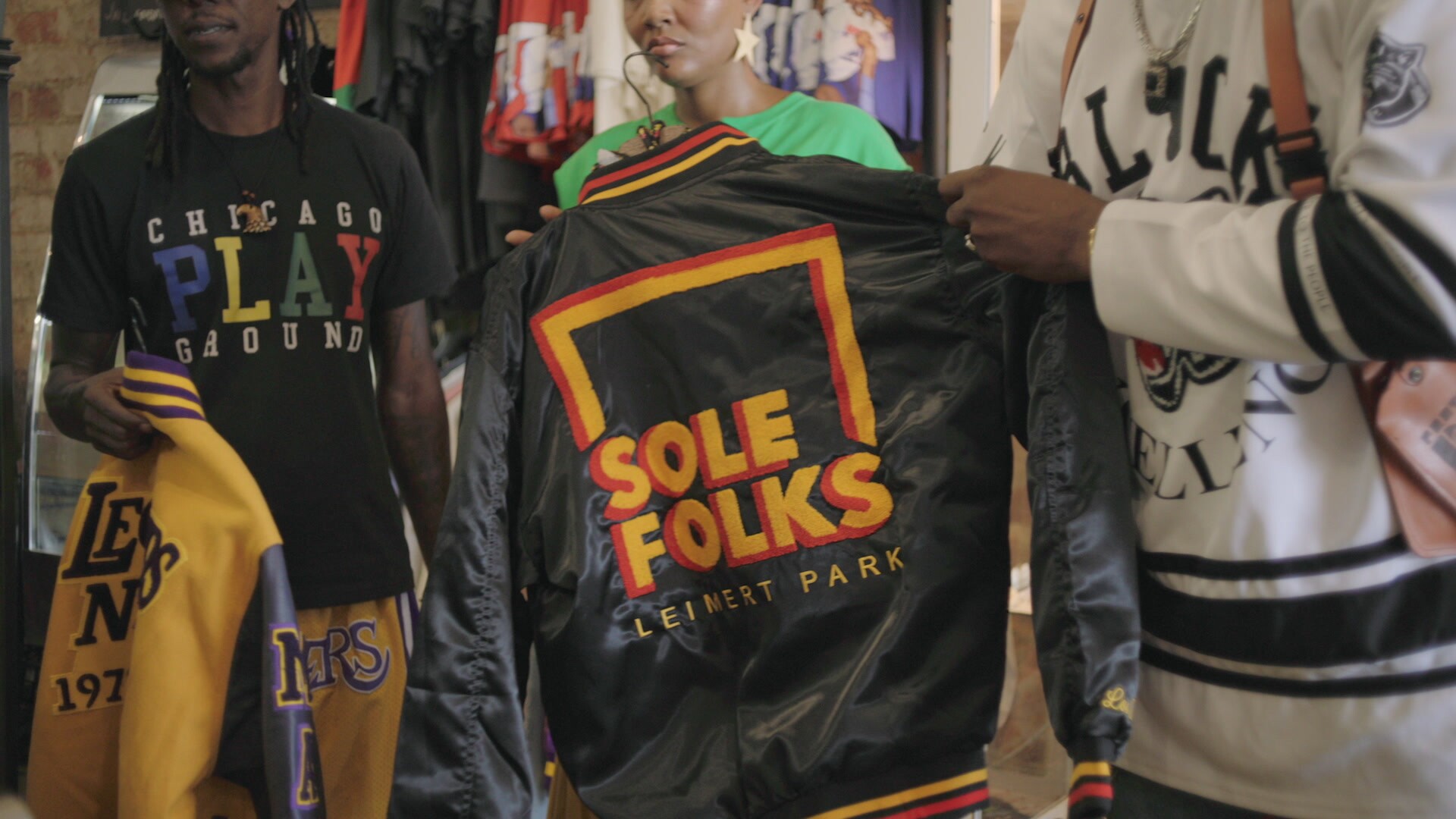5 Easy Ways to Support Black-Owned Businesses

At least 90,000 restaurants nationwide shuttered during the pandemic, a trend that has disproportionately affected Black-owned establishments. In Los Angeles, Black restaurants have a history of contributing to their surrounding communities both socially and economically. They provide jobs to community members, serve as gathering places and also take part in civic and political events. In short, keeping their doors open has the potential to benefit entire neighborhoods.
Want African American-owned restaurants in Southern California to thrive during the pandemic and beyond? You can take a number of actionable steps to lend your support.
Find Black Restaurants and Support Them

While Black restaurants are concentrated in South Los Angeles, you can find them all over the metropolitan L.A. area — from Downtown L.A. to Long Beach and Pasadena. The key is to identify Black restaurants in your community and patronize them. You can get started by using apps such as EatOkra, which connects users to more than 350,000 Black-owned restaurants, eateries and food trucks across the country. Narrow your search on the app to L.A.-based restaurants only. You can also find Black-owned restaurants by using directories assembled by Black Restaurant Week and the Black Restaurant Coalition of Los Angeles.
Take Part in Black Restaurant Week

Black restaurant weeks take place all over the country during different times of the year to highlight the contributions, cuisine and offerings of Black-owned restaurants. In Los Angeles, this event has been held in August. Founded by trio Warren Luckett, Falayn Ferrell and Derek Robinson, the week draws attention to Black-owned restaurants, both from the press and from members of the public who want to experience the African American cuisine scene. During the week, play Black Restaurant Week Bingo for cash prizes and gift cards, but you have to eat at multiple eateries to get BINGO. By dining in, ordering delivery or takeout at any of the participating restaurants, you help Black food establishments thrive.
Support Feed the Soul Foundation






Black Restaurant Week is more than a food fest, it is also a platform for education especially among Black business owners. It has featured panel discussions about the the barriers to success Black restaurateurs face and how to remove obstacles such as a lack of access to business loans. Its founders have taken action by launching the Feed the Soul Foundation in 2020. The nonprofit will distribute annual development grants of $10,000 to 25 Black food entrepreneurs and businesses. The grantees also receive financial-literacy and marketing training as well as a six-month consultation program in which they can receive help on everything, including consultations on the menu. Support Feed the Soul with a donation of money or with your time and expertise if you have a consulting background. Contact the organization about specifically sending help to Los Angeles-area restaurants.
Subscribe to the Black Restaurant Coalition of Los Angeles' Newsletter

Made up of restaurant advocates, food industry professionals and small business owners to promote and support L.A.'s Black restaurants, the Black Restaurant Coalition of Los Angeles popularized the hashtag #DineBlackLA, encouraging Angelenos to go to Black-owned food establishments. By subscribing to the newsletter, you can learn directly from food industry insiders about the needs and concerns of Black restaurateurs. Amplify their message by sharing what you learn on social media. The newsletter might highlight new legislation that would support restaurant owners or policies and procedures that might be harmful to these professionals. You might also hear about restaurants that have received honors and awards or otherwise distinguished themselves.
Show Your Support on Social Media






Other than buying meals from a restaurant, one of the biggest ways to support a food establishment is to follow it on social media, according to Chef Sharde Whitt of Voodoo Vegan. "Follow us on Instagram and share our posts," she said. "People take for granted the power of social media, but social media goes a long, long way." In addition to following restaurants on social media, Whitt said that patrons should take photos of the food served and tag the restaurant in the post. "I always take pictures of my meal, even if I forget halfway through," she said. "Anything that gets us recognition, every little bit, helps."
Go to the Crenshaw Farmers' Market at Baldwin Hills Crenshaw Plaza
You'll not only find locally grown fresh produce at the Crenshaw Farmer's Market, a recurring Saturday event, but also spices, sprouts, breads, nuts and baked goods. The market also hosts monthly events such as cooking demonstrations and tastings. In addition to directly putting your money into the hands of Black vendors, you can make a donation to Sustainable Economic Enterprises of Los Angeles, the group that organizes the farmers' market. Similarly, you can attend the Leimert Park African Marketplace to support a variety of Black vendors.



